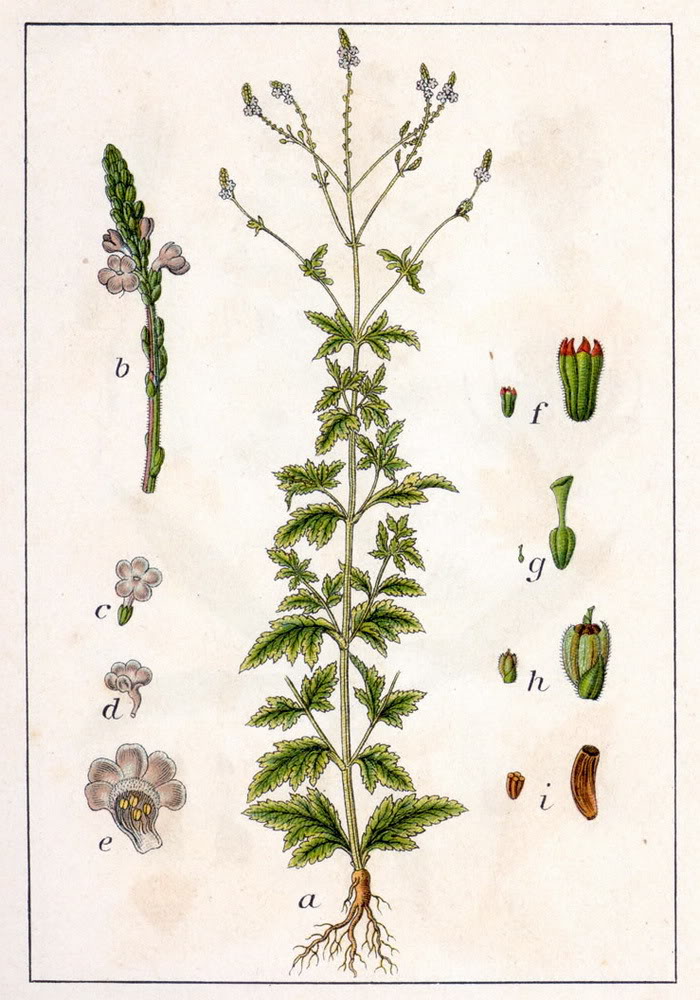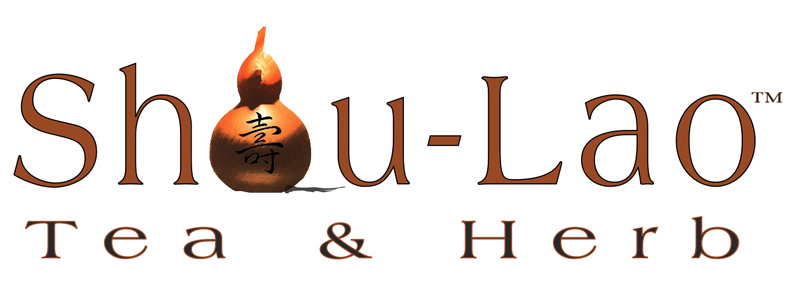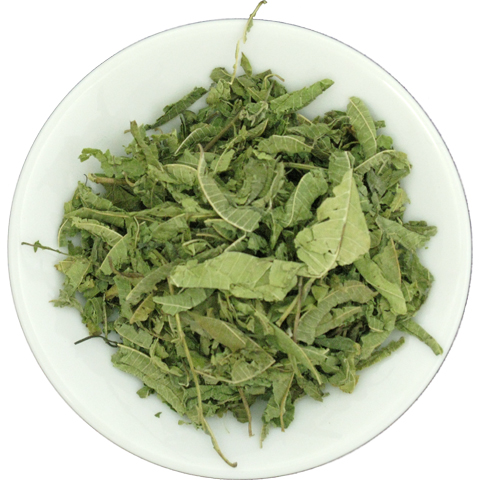Lemon Verbena
Lemon Verbena is indiginous to Argentina and Chile, and was first brought to Europe by the Spanish in the 17th Century. Lemon Verbena has a very prominent lemon scent, and also has similar uses to mint and orange flowers. Like those natural herbs, lemon verbena is commonly used as a natural aid for stomach aches, indigestion, to calm the nervous system, for de-stressing, and for insomnia due to general tension. In addition, it is also utilized as an anti-spasmodic, a mild expectorant, for easing colic, feverish cold, reducing fevers, and for relieving spasms of digestive track (colon).
Lemon verbena, a perennial shrub known scientifically as Aloysia triphylla, contains an essential oil that aromatherapists value for its restorative effects. The plant originated in the South American countries of Argentina and Chile but is cultivated today in other countries with warm and temperate climates worldwide, according to "Medicinal Plants of the World." In addition to its aromatherapeutic properties, the plant possesses a wide array of other chemical compounds, including flavonoids that offer additional health benefits.
Name
In 1784, lemon verbena was named in honor of Maria Luisa, wife of Spain's King Charles IV, according to Possum Creek Herb Farm. The name itself references the lemon scent of the plant's leaves.
Victorian Era
During the summer heat, Victorian women placed lemon verbena leaves in their handkerchiefs to inhale and refresh themselves, according to Possum Creek Herb Farm. They also used the leaves to scent the water in fingerbowls during elaborate, multi-course Victorian dinners.
History Of Use
Lemon verbena has been used for hundreds of years as a sedative, to ease muscle spasms and to prevent intestinal gas. It is also used as a tea and for fragrance in perfumes. Due to its late introduction into Europe, lemon verbena was not figured as an important medical herb. In folk medicine, it has been used as an aid to digestion and allegedly has a tonic effect on the stomach and intestines. It is given credit as a sedative and fever reducer. The essential oil is extracted through steam distillation. This essential oil is said to be acaricidal and bactericidal. Pure oil of verbena is expensive, so it is often diluted with other distillates. Also due to its strong lemony smell, both as a fresh and dried plant, it has been used as a flavoring in all types of dishes, salads, stuffings, meat dishes, baked goods and grains, as well as being a popular tea. The dried leaves of lemon verbena are a prized in scent filling for sachets and pillows, and are a popular ingredient in potpourri mixtures. For most medicinal purposes, users will make a tea by pouring boiling water over the fresh or dried leaves and allowing the concoction to steep for at least five minutes. At the end of the steeping time, the leaves are strained out, leaving lemon verbena tea.
Uses in Aromatherapy
Susanne Fischer-Rizzi, author of the "Complete Aromatherapy Handbook," likens the scent of lemon verbena to the "morning when everything seems fresh, new and promising." The cool and refreshing fragrance of lemon verbena increases energy, relieves fatigue and overcomes feelings of apathy, disinterest and listlessness. Fischer-Rizzi says these characteristics make lemon verbena an ideal choice for use on dull, overcast days at the office or hot, humid days in mid-summer, and any other time when the weather and other conditions discourage productivity. In addition to refreshing its body, lemon verbena's essential oil helps sharpen concentration and stimulate brain function.
Tonic for Nervous System
If your nerves are getting the best of you or if you can't seem to snap out of a depressive episode, lemon verbena may be the herb for you. Margaret Roberts, author of "Herbal Teas for Healthy Living," says that lemon verbena promotes overall nervous system health and in tea form combats both depression and the ill effects of stress. To take advantage of these properties, pour 1 cup boiling water over 10 dried lemon verbena leaves, allow to steep for five minutes, strain and drink when the brew has cooled sufficiently. If you desire a touch of sweetness, add a small amount of honey to the tea.
Promotes Digestive Health
Skin Benefits
Function
Origin: Egypt
Harvest Period: 2012
Brewing Guide: To get the most out of your tea, as a general rule it's always recommended to use glass-based or porcelain tea ware. First rinse the tea cup and teapot with hot water. For maximum benefit, medicinal tea must be properly prepared. For each cup of tea, steep 1 or 2 tbsp. of Lemon Verbena per 8 oz. of boiling water for 10 to 15 minutes. Strain and allow to cool slightly before drinking. Based on your individual taste, you can adjust the amount of herb used.

References
• "Medicinal Plants of the World"; Ben-Erik Van Wyk and Michael Wink; 2004
• "Complete Aromatherapy Handbook"; Susanne Fischer-Rizzi; 1991
• "Herbal Teas for Healthy Living"; Margaret Roberts; 2005
• "Clinics in Dermatology"; Novel Botanical Ingredients for Beverages; Joerg Gruenwald; 2009
• "Rodale's All-New Encyclopedia of Organic Gardening"; Fern Marshall Bradley and Barbara W. Ellis; 1993
• Sara's Superb Herbs: Lemon Verbena
• RxList: Lemon Verbena
• Ageless: Herbal Remedies Using Lemon Verbena
• Womens-Health-Symmetry.com: Lemon Verbena
• Drugs.com: Lemon Verbena



